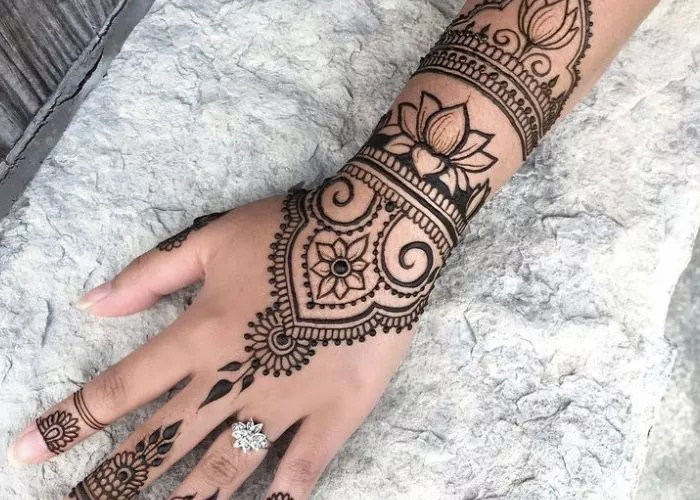Tattoos have long been a canvas for self-expression, rebellion, healing, and heritage. From the bold lines of American traditional to the haunting beauty of black and gray realism, the tattoo industry today boasts a rich tapestry of styles — and yet, not all skin tones receive the same care or consideration. In Charlotte, North Carolina, a city experiencing a tattoo renaissance, a deeper issue lies beneath the surface: a lack of diversity, inclusion, and experience with tattooing darker skin.
While studios continue to pop up across the Queen City, many people of color say they struggle to find artists who truly understand their skin — not just in terms of technique, but in attitude and environment.
A Scene That Isn’t Always Welcoming
Walking into a typical tattoo parlor can be jarring: aggressive rock music, buzzing machines, and heavily tattooed (often white) artists who may not greet clients with a warm smile. For many Black and Brown clients, the experience is more intimidating than inspiring — especially when navigating unfamiliar spaces that may not reflect their culture or concerns.
“Getting a tattoo is already intimidating enough,” says Charlotte tattoo enthusiast Amber Owens. “If they don’t do Black skin, I’m not going.”
Owens, whose aesthetic leans gothic and cyber-sigilism, says Charlotte’s scene needs work. “It’s not that diverse in my opinion. I only know a few Black artists — and fewer Black women artists.”
The Real Risks for Darker Skin
Beyond the atmosphere, there’s also the technical challenge of tattooing darker skin — one that some artists are poorly trained to handle. The stakes are high: overworked or improperly tattooed skin can develop keloids — raised scars more common among darker skin tones.
“The truth is, the darker the skin, the softer it is,” says Billy Harris, owner of Charlotte Tattoo Company.
This nuance is lost on many artists who believe pressing harder will yield more vivid results — a dangerous misconception. It’s why George Howard, owner of Off the Tracks Tattoo Shop in the NoDa district, approaches his work with precision and empathy.
“If I’m tattooing a dark-skinned person, I enter in with a really fine needle to break the skin,” he explains. “A liner will scar a dark-skinned person and give them a keloid. The skin is so sensitive.”
Howard, originally from Los Angeles and shaped by a Chicano heritage, brings over 25 years of experience and a degree in painting to his craft. His black-and-gray realism has made him a sought-after artist in Charlotte — especially among clients of color.
A Need for Representation
Owens stresses that representation isn’t just about skill — it’s about safety and trust. “I want to know that my artist has worked on my skin tone before. That I’m not their first attempt,” she says.
A 2024 Zippia report confirms the imbalance:
57.4% of tattoo artists in the U.S. are white
20.0% are Hispanic or Latino
Only 9.3% are Black or African American
Just one in four tattoo artists is a woman
The numbers paint a stark picture — especially in a profession where intimacy, artistry, and cultural understanding intersect.
The Instagram Era: Where Proof Lives
In a city like Charlotte, where artists often showcase portfolios on Instagram, transparency matters. Owens urges clients to research thoroughly — not just by reading reviews, but by seeing the artist’s actual work on various skin tones.
“If your grid is all light skin, then I know I’m not your focus. And that’s okay — but I won’t risk it.”
She adds that studios should not only diversify their artists, but also their clientele — and show it online. “Visibility matters. It makes people feel welcome before they even walk in the door.”
A Path Forward: Education, Inclusion, and Empathy
For Charlotte’s tattoo scene to grow into a truly inclusive community, education and mentorship are key. That means creating apprenticeships specifically aimed at artists of color, encouraging cultural exchange in technique, and actively confronting unconscious biases in the industry.
Because for clients like Owens, a tattoo is never just a tattoo. It’s an act of vulnerability, power, and identity.
And in the right hands, it becomes a work of art worth wearing — and a statement worth making.
Related topics:

